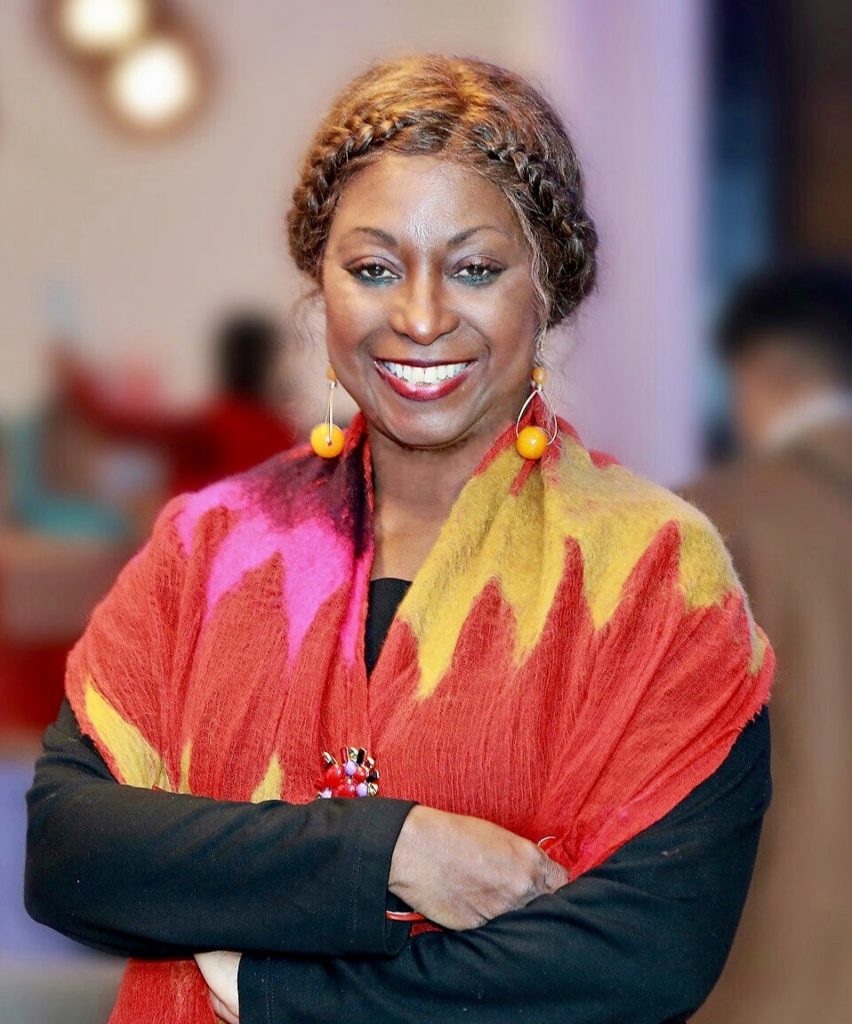
As originally appeared in the Commonwealth Magazine:
Gig Economy is Critical to Closing the Racial Wealth Gap
EVERYWHERE YOU LOOK today, you see independent workers. They’re delivering our packages, driving us across town, checking us out at the register. And more often than not, they’re people of color, Black and brown workers looking to make a few extra bucks with a “side gig.”
Especially in this “new normal” of life in a global pandemic, the gig economy is booming in Massachusetts, with tens of thousands of workers in the Commonwealth working full-time on their own or as a part-time job. It’s not hard to understand why. The flexible schedules and ability to earn extra income, especially with the increasing cost of childcare and the instability that too often keeps families one paycheck or crisis away from poverty, makes it a particularly critical tool to closing a racial wealth gap that finds the median net worth for Black families in Greater Boston is just $8 compared to a quarter million dollars for white households.
To be sure, COVID expedited a shift toward remote work that we were already seeing in the workplace – workers looking for more autonomy in where they work and when. But a woman I met during a ride share reminds me that the pandemic only tells part of the story. Like me, her mom was from Antigua. Her full-time job was as a nurse’s aide doing the night shift at a local hospital from 5 pm to midnight. For her, the ability to drive a Lyft from 7 am to 2 pm allowed her to be home in the afternoon when her kids came home from school to get them started on their homework – while also giving her and her husband the chance to sock a little money away as they prepared to make a down payment on a home.
As the debate over the gig economy heats up in Massachusetts, it’s important to consider that independent work has been helping people of color realize their dreams for decades. All the way back in 1986 when the economy had gone south, I had a full-time job at a hotel and wanted to start my own business. I talked my boss into hiring me on as a consultant. It was a good start, but still not enough to pay the bills. So, I took on another part-time job – contracting with a radio station to be a promoter on the side. The opportunity not only provided me with more money, but with the flexibility to rustle up business for my fledgling PR business.
Stories like these remind me that for people of color—particularly women—we’ve always had to do a little more hustling to make our dreams possible. With more barriers to advancement and lower pay in the workplace, the chance to make a few dollars on the side on our own terms makes a difference.
Of course, not everyone loves independent work – some worry creating more flexibility could reduce productivity and undermine the benefits of traditional work. This was the same thing they said a decade ago when workplaces started allowing moms flexibility to work a few days a week from home. Today, men and women alike are asking for and getting more flexibility because it works better for everyone – and the pandemic proved it.
This fall, Massachusetts voters will be asked to weigh in on how independent workers should be classified as part of a ballot question. I will be watching as the campaign unfolds. But rather than trying to fit a new economy into an old system, the real question we should be asking is: How can we find new ways for independent workers to both remain independent, if they desire, and have access to the benefits of traditional work?
In the meantime, let’s celebrate the gig economy for what it is: a natural evolution of the American workplace and a critical piece of the puzzle to help us close the racial wealth gap here in Boston once and for all.
|






